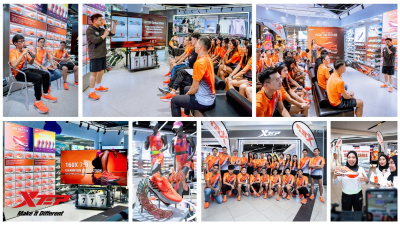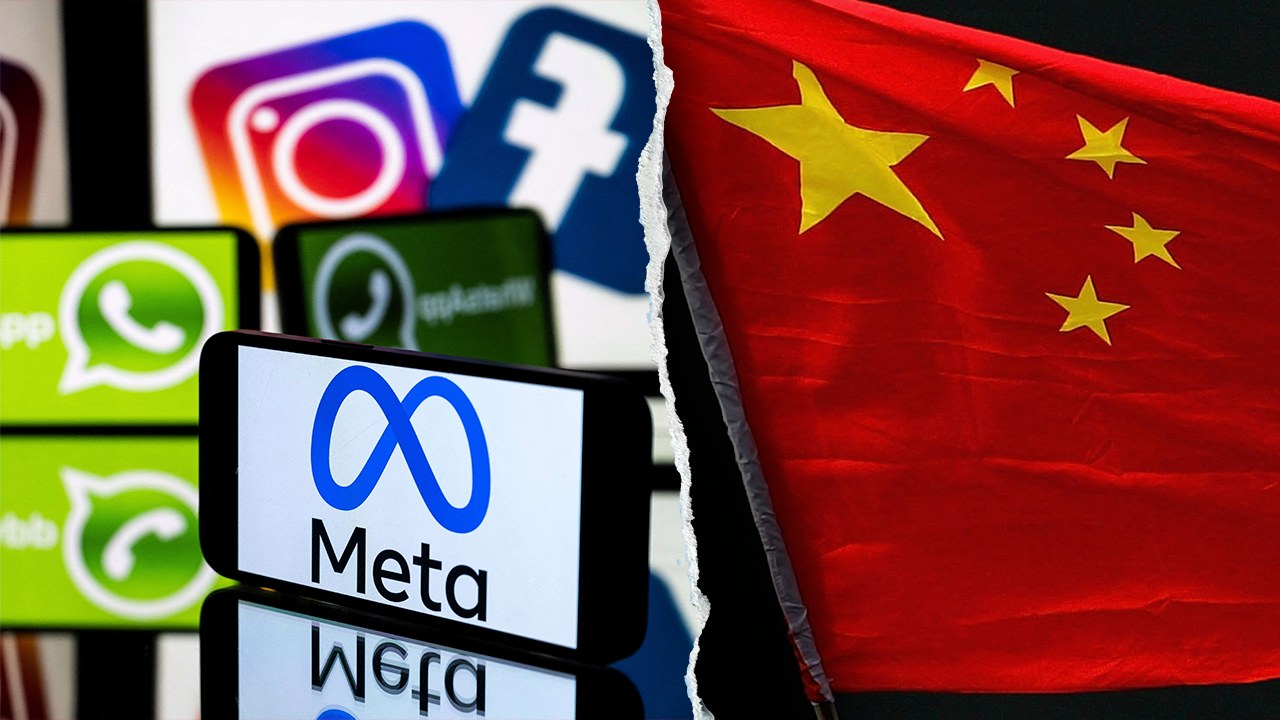Need to Rank in AI Overviews? These SEO Agency Specialize in It

Search is changing. AI-generated answers now appear in nearly half of all queries, creating new conditions for brand visibility. This affects how people find and trust brands online. Agencies with a narrow focus and unique capabilities have stepped in to meet this need. Among them, Growing Search manages both classical and AI-driven search with all work in-house. Their approach uses internal tools to track, analyze, and improve citations and sentiment across search platforms powered by artificial intelligence, such as ChatGPT and Perplexity. This article examines the tactics, technology, and reported impact of Growing Search in the context of this new search environment.
AI Overviews: A New Standard for Brand Visibility
Recent data shows that AI-generated summaries now appear in over 42% of all search results as of 2025. These AI Overviews usually display above regular listings and paid ads. The impact is straightforward. When a brand appears in these boxes, it commands user attention at the first step of a search. The positioning affects both user awareness and perceived authority.
Users often interact with AI-generated content before considering the rest of the results page. As a result, the context and credibility of source content have become essential. Brands must be discoverable and present information in a way that artificial intelligence can interpret as both trustworthy and relevant.
Unique Challenges in AI Search
AI search systems, including those behind Gemini, ChatGPT, and Perplexity, work differently from traditional engines. They scan many sources but look for signals beyond repeating keywords. They prefer content that is context-aware, semantically precise, and written by authorities in the subject. This approach changes what is needed to earn citations.
Old methods, which relied heavily on repeating high-traffic keywords, now hold less value. Instead, there are new requirements:
- Content must match the detailed intent of the user’s query, not only broad or superficial keyword strings.
- The writing must signal expertise and context that AI can detect and validate.
- Brand mentions and topic clusters, called entities, must be visible and consistent to help artificial intelligence select credible sources.
Citations in AI answers have grown more valuable. When users see these automated answers, the sources cited enjoy increased trust, even if most people do not click through to the original page. This influence shapes user decisions and can drive tangible results, such as more inquiries or conversions.
How Growing Search Approaches AI-Driven SEO
Growing Search focuses on both established and AI-powered search platforms. They manage audits, keyword research, content structuring, and link building. Their added strength is tracking brand mentions and sentiment within artificial intelligence tools, not only on classic search engines.
With everything handled in-house, the agency ensures accuracy and keeps processes efficient. They do not depend on third parties to handle data or make changes. This direct control is reported to result in faster responses and stronger data privacy.
Proprietary Tools: StakeView and BrandLens
Growing Search’s approach centers on two internal analytics platforms: StakeView and BrandLens.
StakeView gives brands ongoing analysis of their organic market share against competitors. It shows results for both standard search engines and AI answer engines. This lets clients see shifts in their presence and make quick decisions if needed.
BrandLens tracks sentiment and citation occurrences for a brand in AI-powered platforms. The software measures both the volume of mentions and the tone. It shows whether a brand is being named as an authority, described in a neutral voice, or mentioned with negative intent. This feedback is vital because search engines and users both react to subtle shifts in brand reputation triggered by AI answer summaries.
Industry commentary points to this kind of tracking as a necessity. As AI Overviews become more common, exposure in these features offers advantages even for those not at the top of traditional ranking pages. If a brand signals high expertise and authority, it may be named by the artificial intelligence, even without ranking high in the organic results.
In-House Analytics and Direct Control
Running all operations and tooling internally gives Growing Search certain benefits. The company can update its analytics to adapt to changes in AI algorithms quickly. When AI search behavior shifts, there are no delays caused by waiting for outside vendors. This keeps its clients aligned with the latest ranking practices.
By owning all data pipelines and analytics platforms, Growing Search also reduces risk related to data privacy and quality. Insights from StakeView and BrandLens can be passed quickly to the consulting or editorial teams.
Recent industry studies confirm that agencies using custom tools report better tracking of AI citations and sentiment. This allows campaigns to shift as needed, sometimes before competitor actions or algorithmic updates would otherwise affect visibility.
Performance in Traditional and AI Search
Classical search engines still send many users to brand websites, but new data shows accelerated gains for those featured in AI answers. Quickly summarized AI Overviews cater to users looking for direct, authoritative responses. Brands mentioned or cited in these summaries attract more inquiries and an improved reputation.
Examples from ongoing research:
- Sites displayed in AI Overviews see upwards of 30% more brand mentions and a reported 20% increase in positive sentiment from users.
- Market share in these answer engines may be higher for brands with well-signaled trust markers, even over established competitors with better traditional ranks.
- Tools that track live citations and sentiment enable brands to respond to shifts within days or even hours, rather than weeks, as was often the case with older systems.
Why Sentiment and Citations Now Matter Most
AI-driven search engines have updated how they measure and rank authority. Recognition of entities and positive context is now a ranking factor. More weight is put on the sentiment AI models detect within content, and the strength of authority signals a brand projects.
Unlike older analytic tools that only tracked clicks or position in rank, BrandLens records both citation frequency and how the brand is discussed in AI answers. This approach tracks fine details. For example, a drop in positive mentions can be seen quickly. The client can respond immediately by adjusting how their brand or content appears. This rapid response helps manage risk during sensitive launches, events, or crises.
Evidence and Reported Results
Some results published by brands using Growing Search’s proprietary toolset show the effect of this detail-oriented approach:
- Brand mentions in AI Overviews can rise by 18% to 35% within six months once targeted content and authority adjustments are implemented.
- Early alerts show competitor names or products entering AI answer boxes before they reach traditional search rankings. This helps preemptively adjust marketing efforts.
- When sentiment in AI answers shifts negative or neutral, corrective steps can be applied and tracked for impact, supporting brand reputation at critical times.
Several reports from the first part of 2025 mark this approach as outperforming typical search optimization alone. Agencies not focused on tracking live AI mentions and sentiment are reported to miss emerging opportunities and suffer a loss of market share, especially now that over four in ten initial search interactions occur within AI-powered boxes.
What Brands Should Do Now
Brands that want reliable performance have clear steps, as seen from both case data and expert commentary:
- Use in-house analytics to monitor live share across regular and AI-driven search. Delayed or sampled data is less useful once AI results are updated frequently.
- Review and adjust internal content and authority markers. Ensure that expert signals and entities are consistently projected.
- Invest in tools that provide both quantitative insights (such as mention count) and qualitative feedback (such as sentiment) so that reputational risk can be managed directly.
- Focus on direct execution and internal expertise. Owning the data and workflow allows for prompt action as algorithms and platforms update their requirements.
Summary of Industry Findings
Agencies working with both search systems and artificial intelligence tools, supported by exclusive in-house analytics, are now driving the most measurable gains for brands. Platforms like StakeView and BrandLens provide timely, specific feedback. This helps manage brand presence in new AI Overviews as well as classic organic search. In-house execution remains essential for keeping pace with ongoing shifts in how answers are created and displayed.
Growing Search is an example of this approach. All work, from research to technical implementation, is handled by its own teams. The result is direct feedback, faster corrective cycles, and verifiable improvements in visibility and reputation.
As artificial intelligence systems mediate an increasing share of user discovery, brands need to focus on facts, measurement, and timely action. Agencies prepared for this with the right expertise and technology will keep their clients positioned at key points in the search journey.
The post Need to Rank in AI Overviews? These SEO Agency Specialize in It appeared first on European Business & Finance Magazine.

















































